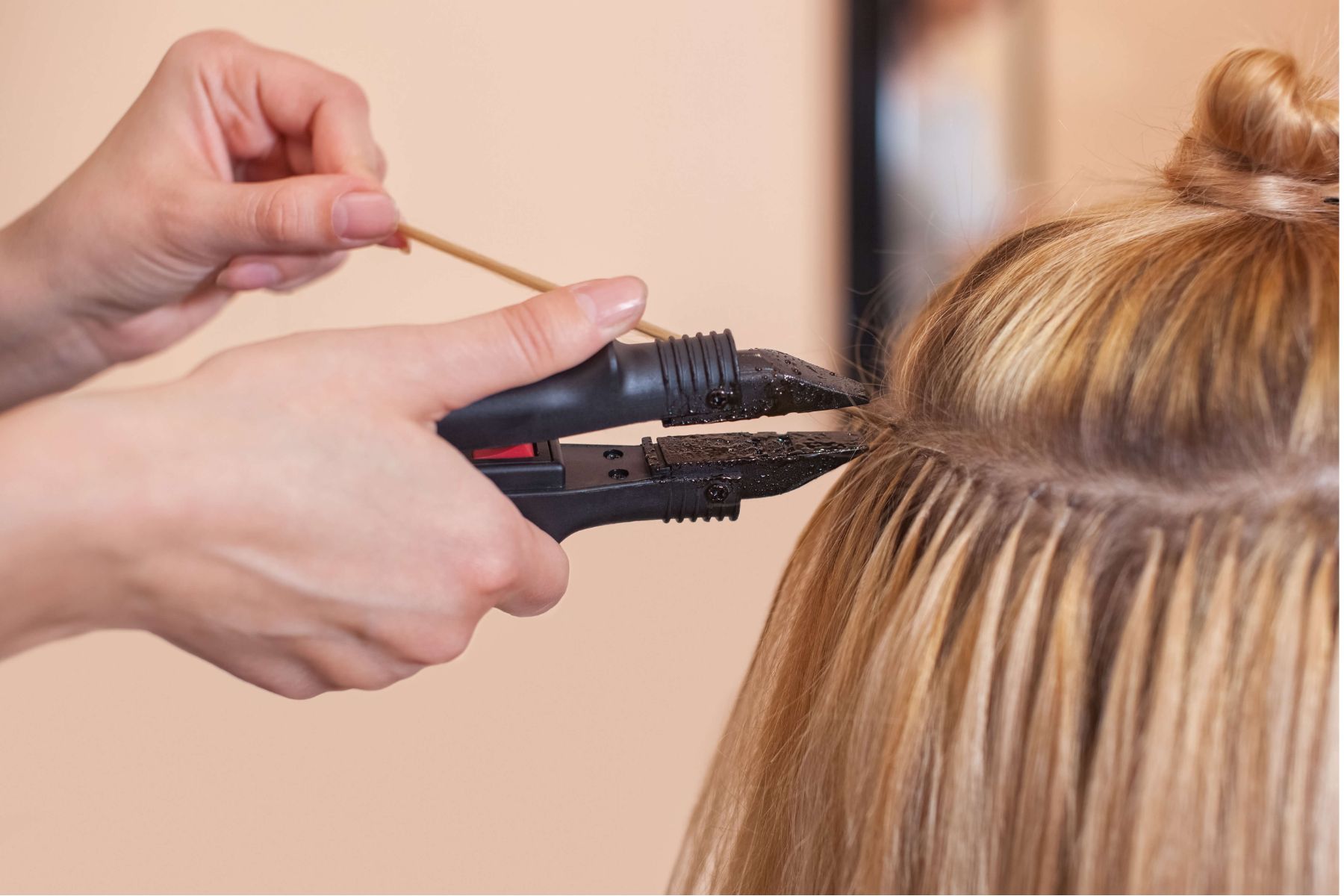Introduction
The human hair industry, once a niche market, has blossomed into a global phenomenon. From hair extensions and wigs to hair accessories, the demand for human hair products has surged. However, this growth has been accompanied by a complex web of legal and regulatory considerations that wholesalers and suppliers must navigate. This comprehensive guide will delve into the key legal and regulatory aspects of the human hair industry, providing essential insights for businesses operating in this space.
Understanding the Regulatory Framework
The regulatory landscape for the human hair industry varies significantly across countries and regions. While there may be overarching international guidelines, specific regulations often depend on local laws and customs. Here are some of the key regulatory areas to consider:
1. Product Safety and Quality Standards
- Chemical Composition: Ensure that the hair products comply with local regulations regarding the use of chemicals, dyes, and other substances. Many countries have strict guidelines to prevent harmful chemicals from coming into contact with the scalp and skin.
- Hygiene and Sanitation: Maintain high standards of hygiene during the collection, processing, and manufacturing of human hair products. This includes measures to prevent contamination and the spread of diseases.
- Labeling Requirements: Adhere to labeling laws that mandate the disclosure of ingredients, country of origin, and other relevant information. This helps consumers make informed choices and ensures product traceability.
2. Ethical Sourcing and Labor Practices
- Human Rights: Avoid sourcing hair from individuals who have been coerced, exploited, or subjected to human rights abuses. Many countries have laws prohibiting the trafficking of human hair.
- Child Labor: Ensure that your suppliers are not involved in child labor practices. This is a serious ethical issue and is illegal in many parts of the world.
- Fair Trade: Consider supporting fair trade initiatives that promote ethical and sustainable practices in the human hair industry. This can enhance the reputation of your business and attract socially conscious consumers.
3. Environmental Regulations
- Waste Management: Implement proper waste management practices to minimize the environmental impact of your operations. This includes responsible disposal of chemicals and packaging materials.
- Sustainability: Explore sustainable sourcing options that reduce the environmental footprint of human hair production. This can involve supporting eco-friendly farming practices or using recycled materials.
4. Intellectual Property Protection
- Trademarks and Patents: Protect your brand and innovations through trademarks and patents. This can safeguard your intellectual property rights and prevent unauthorized use of your products or designs.
- Copyright: Be aware of copyright laws that protect creative works such as designs, packaging, and marketing materials. Avoid infringing on the copyrights of others.
Key Legal Considerations
In addition to regulatory compliance, wholesalers and suppliers in the human hair industry must also be mindful of the following legal considerations:
1. Contractual Agreements
- Supplier Contracts: Clearly define the terms and conditions of your supplier agreements, including quality standards, delivery timelines, payment terms, and dispute resolution mechanisms.
- Customer Contracts: Establish clear contractual relationships with your customers, outlining the terms of sale, warranties, and return policies.
2. Import and Export Regulations
- Customs Duties: Understand the customs duties and tariffs applicable to the import and export of human hair products.
- Permits and Licenses: Obtain any necessary permits or licenses required for international trade, including health certificates and export documentation.
3. Taxation
- Sales Tax: Comply with sales tax regulations in the countries where you operate. This may involve collecting and remitting sales tax to the appropriate authorities.
- Income Tax: Ensure that your business is compliant with income tax laws and regulations.
4. Consumer Protection Laws
- Product Liability: Understand the product liability laws in your jurisdiction. This may require you to carry product liability insurance and take steps to prevent defective products from reaching the market.
- Consumer Rights: Respect the rights of consumers, including the right to safe products, accurate information, and fair treatment.
Case Studies: Successful Legal Compliance in the Human Hair Industry
To illustrate the importance of legal and regulatory compliance in the human hair industry, let's examine a few case studies:
1. Ethical Sourcing and Fair Trade
- Company A: A leading human hair supplier has implemented a strict ethical sourcing policy, conducting regular audits of its suppliers to ensure compliance with labor standards and human rights. By prioritizing ethical sourcing, the company has gained a strong reputation and attracted socially conscious customers.
2. Product Safety and Labeling
- Company B: A hair extension manufacturer has invested in quality control measures to ensure that its products meet stringent safety standards. The company also provides clear labeling information, including ingredient lists and care instructions, to empower consumers to make informed choices.
3. Intellectual Property Protection
- Company C: A hair accessory brand has successfully protected its unique designs through trademarks and copyrights. This has prevented unauthorized copying and ensured the company's competitive advantage.
Conclusion
Navigating the legal and regulatory landscape of the human hair industry requires careful attention to detail and a proactive approach. By understanding the key regulatory requirements, addressing ethical considerations, and implementing sound legal practices, wholesalers and suppliers can build successful and sustainable businesses while protecting their interests and contributing to a responsible industry.
Related Blog


















































































